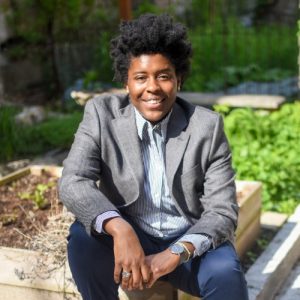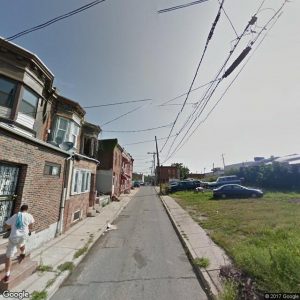This is the year that Philadelphia was supposed to get a full-fledged municipal urban agriculture plan, but the coronavirus has derailed the planning process just as it entered the homestretch.
The process commenced in 2016 when the city council held a hearing on a report that had recently been issued by the Philadelphia Food Policy Advisory Council drawing attention to the precarious status of many of the estimated 470 community gardens in the city. Almost half were on land that the gardeners do not own, the report found. The urban agriculture plan is expected to provide clarification about the use of vacant lots and foreclosed properties for community gardens, while also addressing an array of other issues touching on agriculture in the city.
The city took one of the final big steps in the process last year with the appointment of its first-ever director of urban agriculture, Ash Richards. The process of generating a plan for her to implement was supposed to conclude with a series of four public hearings, and 10 focus groups, guided by a steering committee of from 45 to 60 people—in other words, a whole lot of the sort of face-to-face human interaction that is suddenly fraught with danger.
One of four required public hearings was held in December before a standing room only crowd at the central library. The next two were scheduled for March 19 and 24, but they had to be postponed.
The city website covering the urban agriculture planning process says there is “hope” for a resumption of public meetings at some point. But for now, the city is “currently organizing an online engagement process. Stay tuned for an update in the coming weeks.”


